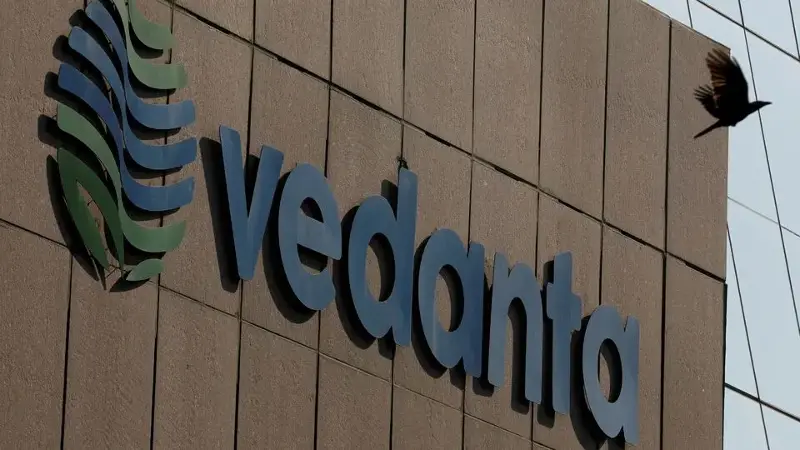
In a setback for the Union government, the Delhi High Court on Friday dismissed the Centre’s plea to restrain Vedanta Ltd from deducting payments from its revenue share in certain Rajasthan oil and gas fields.
Justice Jasmeet Singh, in his interim order as part of an arbitration dispute, rejected the government’s request to stop Vedanta from implementing a 2023 arbitral award. So far, Vedanta has adjusted $377 million (about ₹3,235 crore) from provisional revenue estimates for the second, third and fourth quarters of 2023-24 and is yet to adjust another $157 million ( ₹1,347 crore).
The court ruled that Vedanta is entitled to continue these deductions as permitted by the arbitration award, also allowing the mining company to revise adjustments for the fourth quarter of FY23.
“For the foregoing reasons, this Court within the limited jurisdiction as noted above, is not to re-evaluate the merits or alter the view taken by the AT (arbitration tribunal), particularly when the AT has passed a well-reasoned order and reserved the appellant’s entitlement to seek re-adjustment… I find no reasons to interfere with the impugned order. Hence, the instant appeal is devoid of merit and is accordingly dismissed,” the Delhi High court stated in its interim order.
The ruling, in effect, allows Vedanta to proceed with its deductions until the final payout is quantified by the arbitration tribunal.
‘Vedanta merely following the award’
The Union government had argued that Vedanta was reducing payments without approval since the arbitration award did not specify an exact monetary amount.
However, the Delhi High Court held that Vedanta was merely following the award, which clarified how costs and profits should be shared under the production sharing contract for the Barmer oil block in Rajasthan.
The court said the core issue of whether Vedanta’s deductions are fully adjusted or if more remains to be recovered is for the tribunal to decide during quantification proceedings.
As the award was declaratory, ruling on deduction validity now would interfere with the tribunal’s jurisdiction, the court said, clarifying that its order will not affect the government’s main challenge against the arbitration ruling, which remains pending.
A declaratory award clarifies the rights, obligations, or interpretations under a contract without ordering immediate payment or action. It resolves disputes over how agreements should be read or applied.
In Vedanta’s case, the tribunal explained how costs and profits under the production sharing contract should be calculated but did not fix exact amounts, leaving the quantification of the final payment for later if the parties could not agree on it.
A 30-year-old dispute
The dispute dates back to a 1995 production sharing contract between the Union government, Shell (later acquired by Vedanta), and the Oil and Natural Gas Corporation Ltd for the Barmer oil block.
The 25-year contract ended in May 2020 but was extended for another 10 years. But the Directorate General of Hydrocarbons raised audit objections for FY 2016-17 and 2017-18.
The government alleged that Vedanta incorrectly recovered costs for exploration, development, and production activities in the Rajasthan block, and accused Vedanta of breaching the production sharing contract terms, which it claimed resulted in a reduced profit share for the government.
Vedanta disputed these findings and initiated arbitration.
In August 2023, the tribunal issued a final partial award largely favouring Vedanta by dismissing most of the government’s claims, but did not fix the exact payment amounts. The award was partially modified in December 2023.
Vedanta’s arbitration win included a rejection of the government’s demands for a higher payout after disallowing costs worth $1.16 billion ( ₹9,545 crore) and reallocating certain common costs, including pipeline expenses.
The government challenged this award in the Delhi High Court, arguing that it conflicted with India’s public policy and legal principles.
